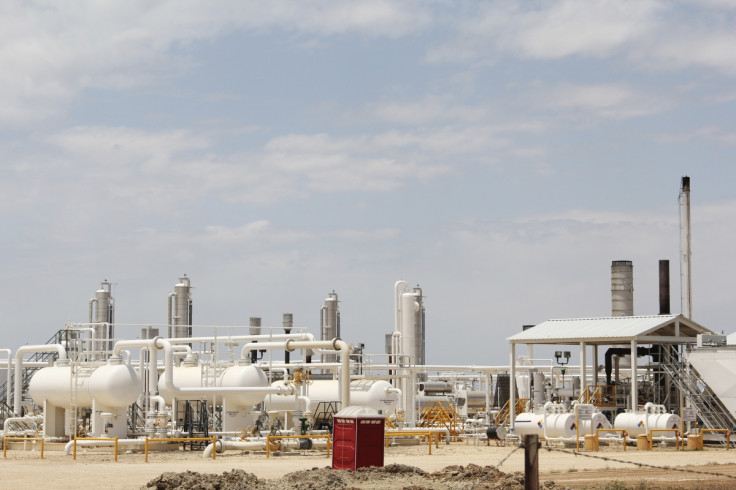Fracking Faces Global Water Shortages: World Resources Institute

The World Resources Institute (WRI) has said that global water shortages could hobble ambitious plans to develop shale gas exploration across the planet.
In a newly published report, the WRI says that 38% of the world's shale resources were found in areas that were water barren or that were "under high to extremely high levels of water stress".
Almost a fifth of shale resources are in areas of high or extremely high seasonal variability and 15% are in areas that are highly susceptible to drought.
"As countries explore their shale exploration, limited availability of fresh water could become a stumbling block," the report states.
The institute's study also highlighted contamination concerns: roughly 386 million people live in areas near or on land where fracking could contaminate their water supplies.
Eight of the top 20 countries which have the largest shale resources, which include Algeria, Libya, China, Mexico, South Africa, Pakistan, Egypt and India, "face arid conditions or high to extremely high baseline water stress where the shale resources are located".
Fracking involves pumping large volumes of water, chemicals and sand, under very high pressure into shale rock strata to fee gas stored there. Fracking's opponents abhor the process itself, and the fact that chemical-infused effluent re-enters the environment.
Andrew Steer, head of the WRI, said: "Water risk is one of the most important but under-appreciated challenges when it comes to shale gas development."
"This analysis should serve as a wake-up call for countries seeking to develop shale gas. Energy development and responsible water management must go hand in hand."
© Copyright IBTimes 2025. All rights reserved.






















